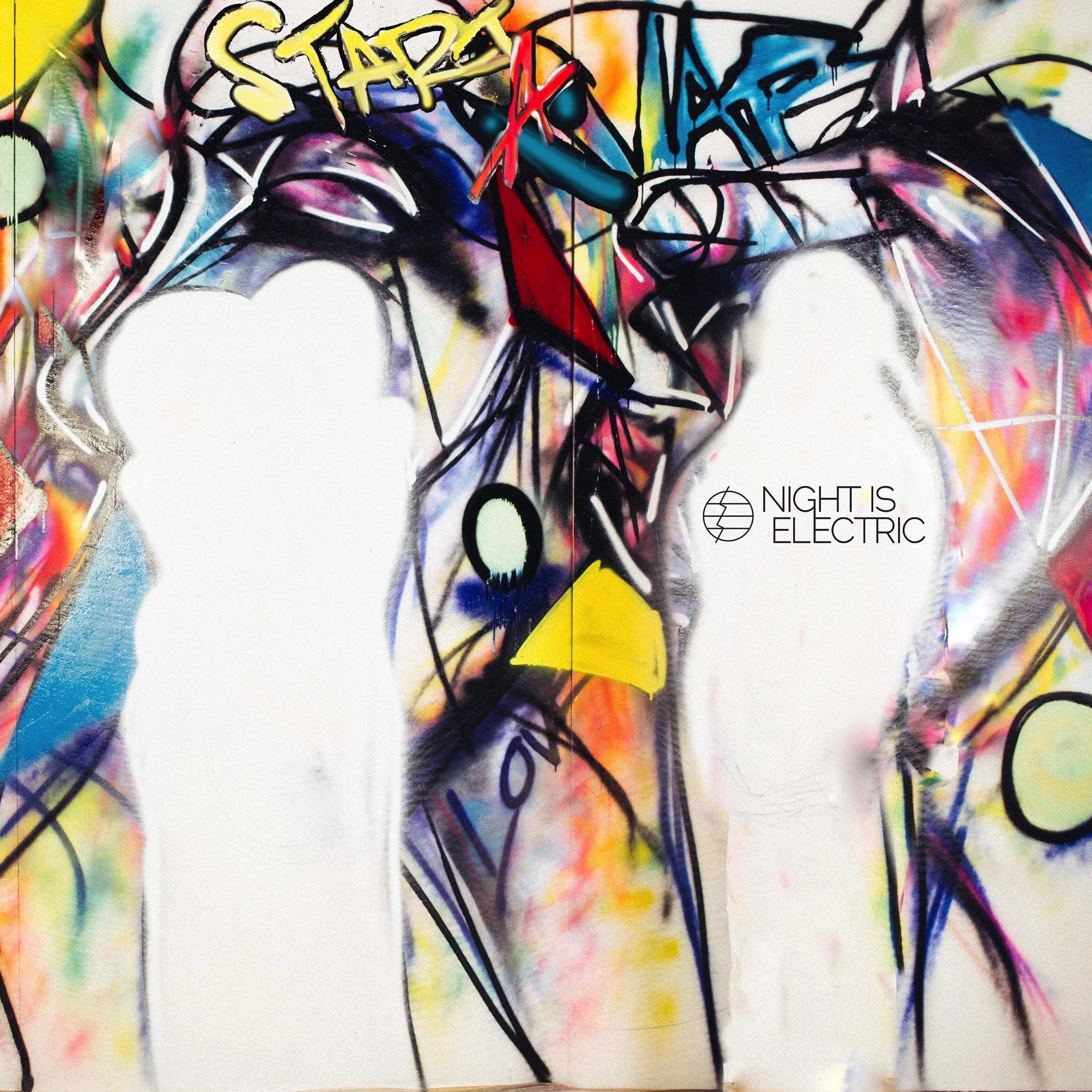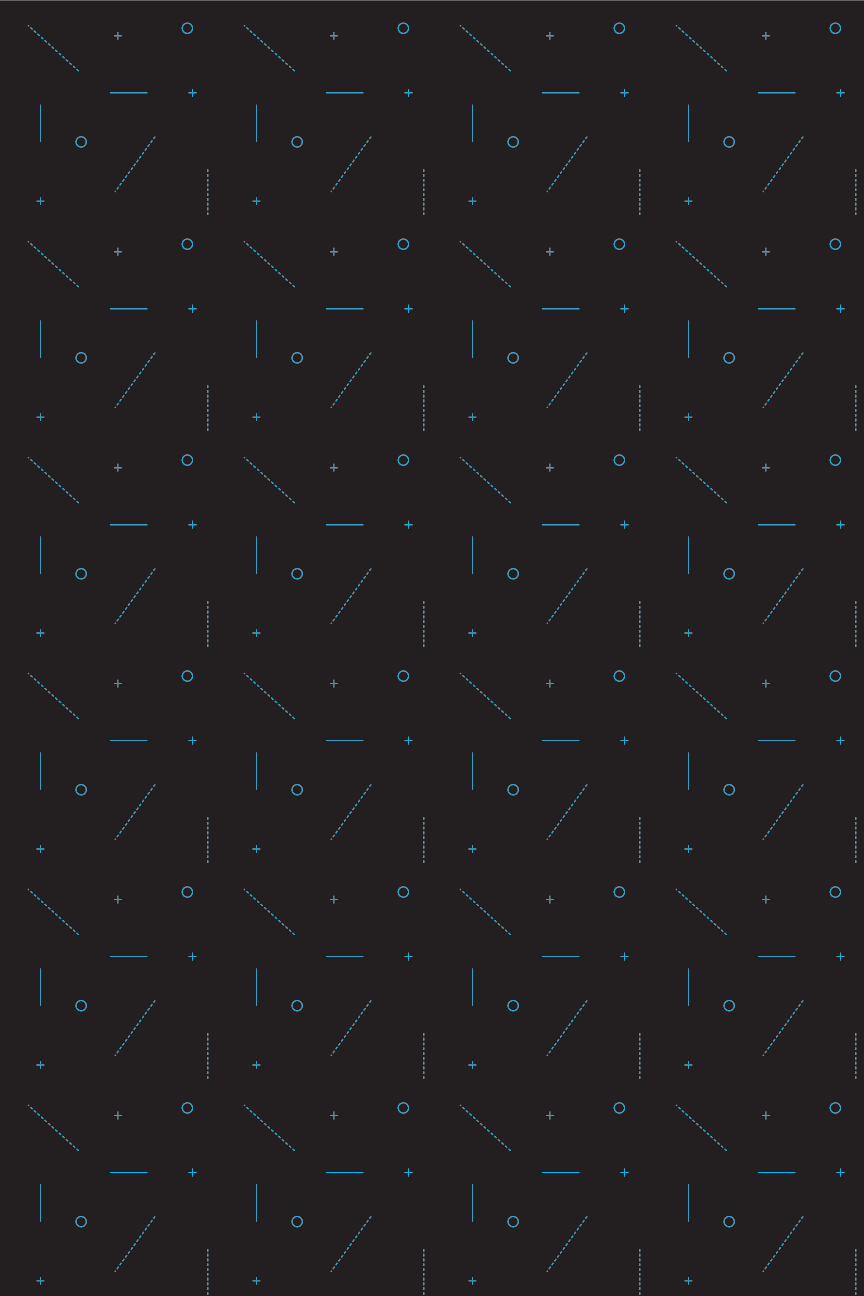15 years later, owning a dream
Just before Christmas, Chad put out a video on his personal Facebook page noting 7,136 CD’s in his garage leftover from the homeless J. era (and homeless Jesus even if any of you have known us back that far). Over $1,000 was donated in just 11 days (amazing!! thanks to everyone who has helped!). You can still give to the cause via Light Brigade Records. The donated money helps get much needed equipment for upcoming live performances in 2022…
Can I Do It? (Part 2)
Can I do it? A fundamental question of humankind. Yet almost erroneous from the start. The subject and focus of the question is us (the “I”). Can I do it? It assumes sort of an isolated go at the whole thing where we bear all responsibility.
And in today’s corporate understanding of responsibility there is the loaded word “accountability.” People are held responsible to produce certain results or be let go. Trying is not enough. Outcomes demand results, not logged office hours.
But ownership is a good thing. Certainly. We want people to “own” their endeavors. Yes. But what most people mean by that is make sure it works, or succeeds. Hence the hubris and the fear mongering. Can we really know what will work?…
Can I Do It? (Part 1)
This is the fundamental question of the ages. It reverberates throughout the halls of time. Especially into the future. Do I have what it takes? Am I a contender? Will people recognize my talent? Do I really have talent? Do I have enough?
These are important questions to answer, especially for creative people. Some might argue that even entertaining such questions with consistent intensity is part of the creative process. The answers come back with great uncertainty.
Some will try to scientifically minimize the emotional angst of such questions with simple, probing questions: what is it you are really after? How do you define success? How will you know when you find it? These are meant to help…
The Space Between (Part 7)
We have a vision for a better future. The future is coming to the present. We don’t know (and can’t) exactly how it will all happen but we can live with a heightened sense of expectancy. We want to live ready, aware that our time is limited.
We want to live with a sense of urgency but not despair or anxiety. That is the beautiful tension of those with a vision: urgency not anxiety. We can’t make things grow. There is still a process in place. Life will force us to be patient.
But patience is not dullness. And while waiting for one thing to blossom over here we can start planting something else over here. That is really the baseline of mission work (or franchising). We start one thing here, then work on another over there…
The Space Between (Part 6)
Are we at least willing to leave it all? The Hebrew tale of an invisible God calling a young Abram out of his home to a new land is such a perfect story of faith ventures. Even non-religious people can relate at least to the risk factor the unknown. “Go from your country, your people, and your father’s house” (Gen. 12.1). Gets right into it. Go. It’s the heart of all risk. Go. Leave what you know. And for what? In this case, “the land I will show you.” A future unknown goal is at hand.
That is the very heart of entrepreneurial risk: leaving what you know for some possible better future. That is really at the heart of the Scriptures throughout. Ironic that now religious people are seen as sterile, lethargic, and even lifeless.
Far from it in the beginning. The “father of faith” indeed shows a very different kind of religious model. It’s all about one’s willingness to leave it all for a promise of something better (a place with less space between). Are you willing to do that?
Some will argue the job of a great leader is to describe and inspire toward a vision of a preferred future. Their job, at least partly, is to understand and articulate where all this is leading. They are to help us know why it is worth our sacrifice.
That is precisely where we get the term visionary. Of course in today’s world that term is used almost exclusively for people working toward scientific and technological breakthroughs. Their “vision” is quite palatable and “usable” by the public.
Somehow all those breakthroughs make our lives “better,” or at least more comfortable. They are not visions of a preferred future exactly, they are visions of a preferred present. What can we do to make life better for humans now.
It is an interesting change. And most of the breakthroughs don’t necessarily lead us to be “better” humans doing “better” things, they lead us in most cases to greater comfort. That’s of course where “progress” and traditional vision fork in the road.
The goal of a true visionary is not to make life more comfortable for people, especially as we talk about artists. Their job in many ways is to make people less comfortable, or more irritable in their given comforts, to even “afflict their consciences.”
Sounds almost gloomy and downright mean, certainly a buzzkill. It also sounds like the “true” nature of real art is serious and confounding. While not the only purpose of the creative arts it may be one of most important.
“Better” generally involves growing, which generally does not come easy. Creative people have to keep pushing at the market to adjust expectations to include things that are good for them. That’s the heart of today’s creative entrepreneurs.
How do we sustain-ably bring good things to people? How do we take visions of a truly preferred future and get them into the conscious of the people? How do we reduce the space between people, natural resources, and the hope to carry on?
The Space Between (Part 5)
Ultimately the space between us can directly be related to death. Think of it. What would change if time were no longer a hinderance? What do we avoid because our time (and ensuing energy) is limited? Why is it limited?
All limitations ultimately hover around our impending death. Knowing that we are mere mortals and have a finish line sets everything else back. We are forced to prioritize our precious little time very carefully, often saying no to many good things.
We simply don’t have the time and energy to keep up certain relationships, even ones we really want to keep up. The demands of survival are fierce. Our time again is limited. Thus we are coerced into saying no to many things we enjoy.
Many times we say no to important things. Of course they are not urgent. They are relegated to the back-burner as nature’s demands increase. Time becomes are enemy, a stark reminder of our impending mortality and limited ability.






